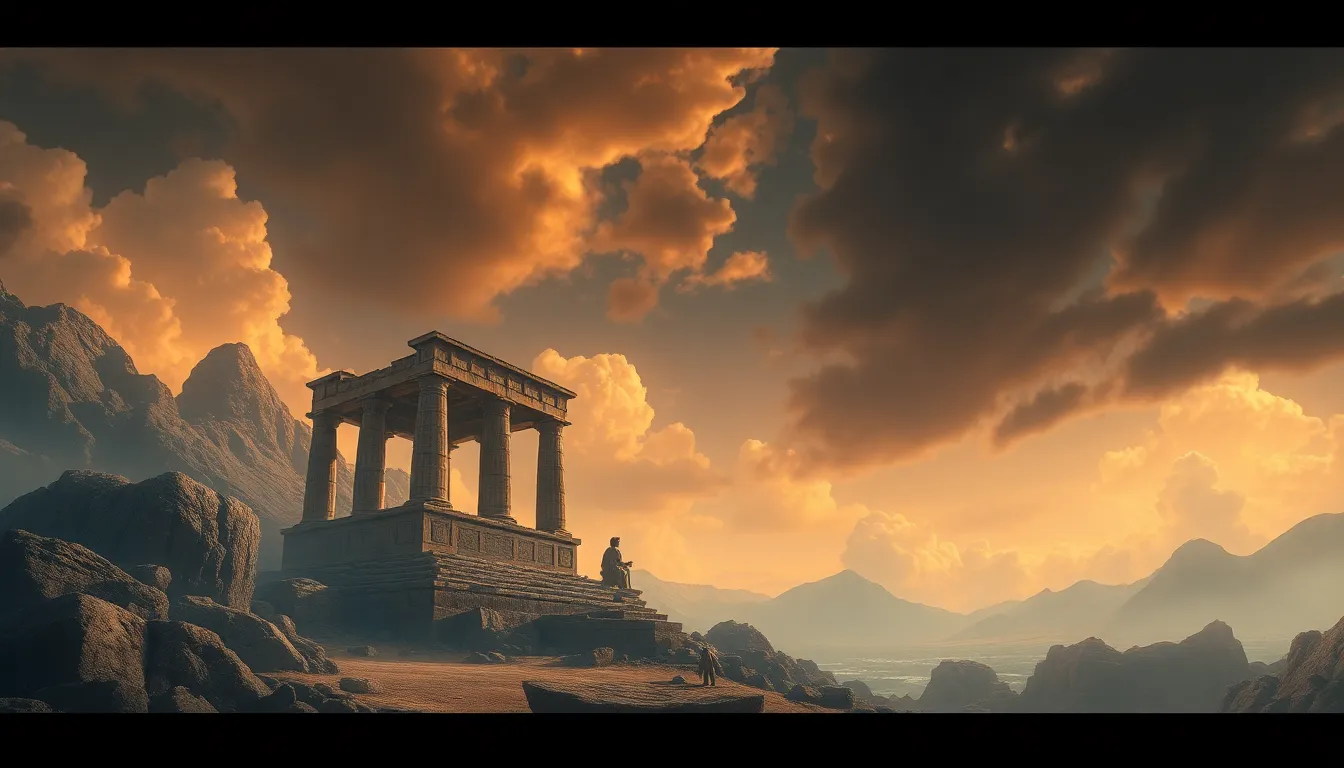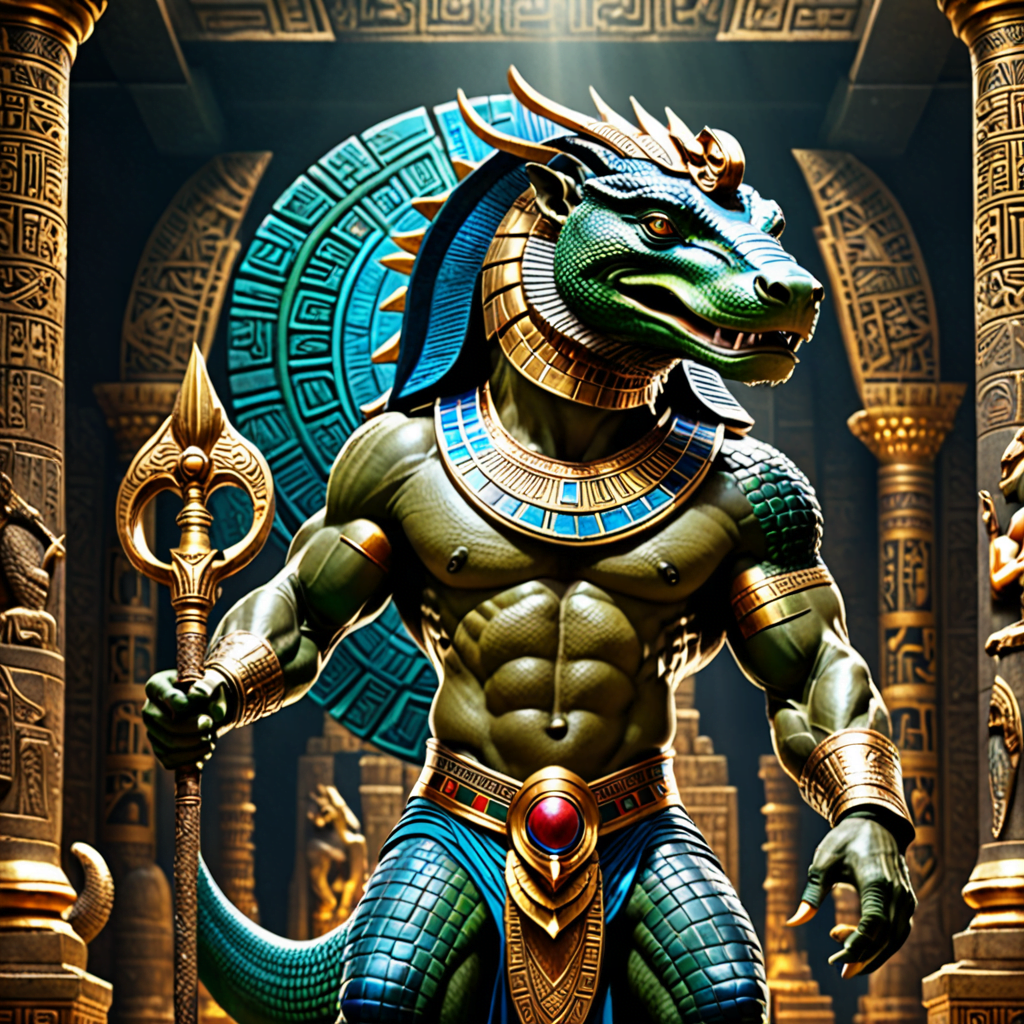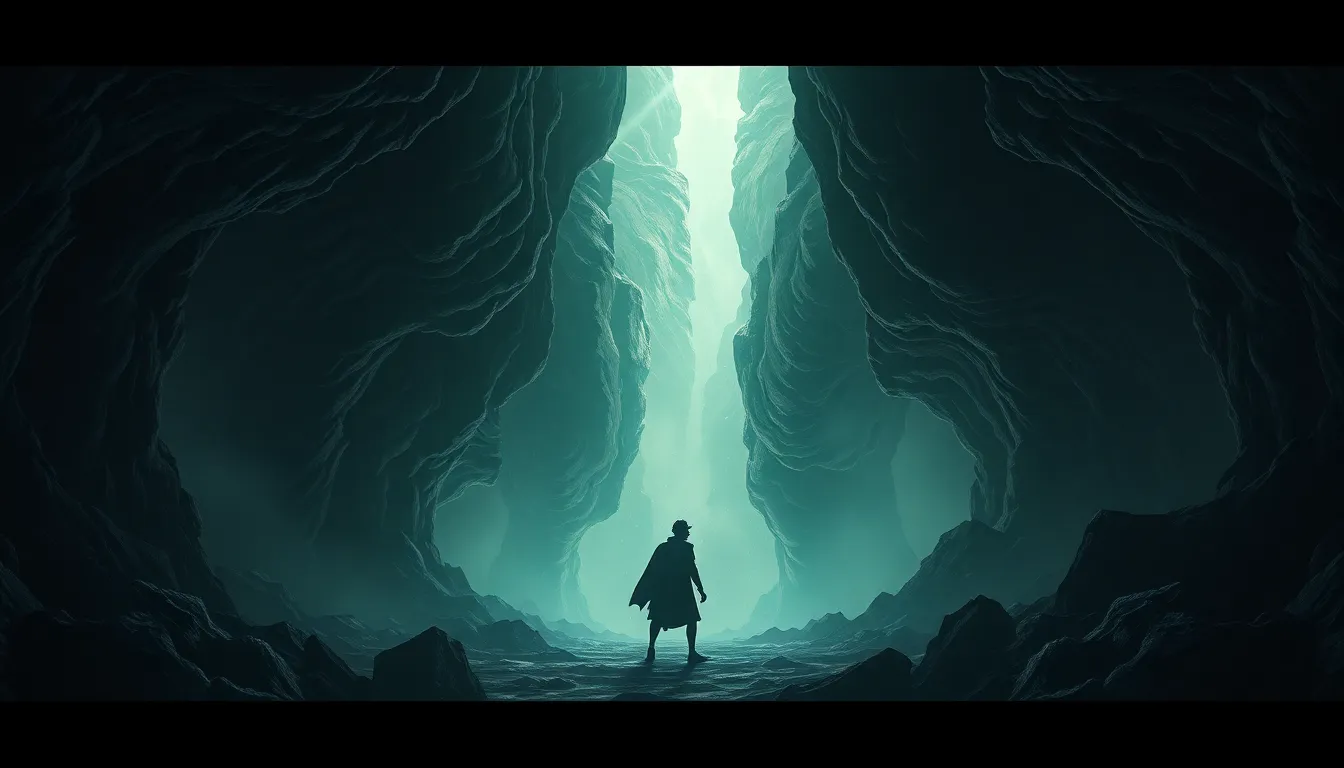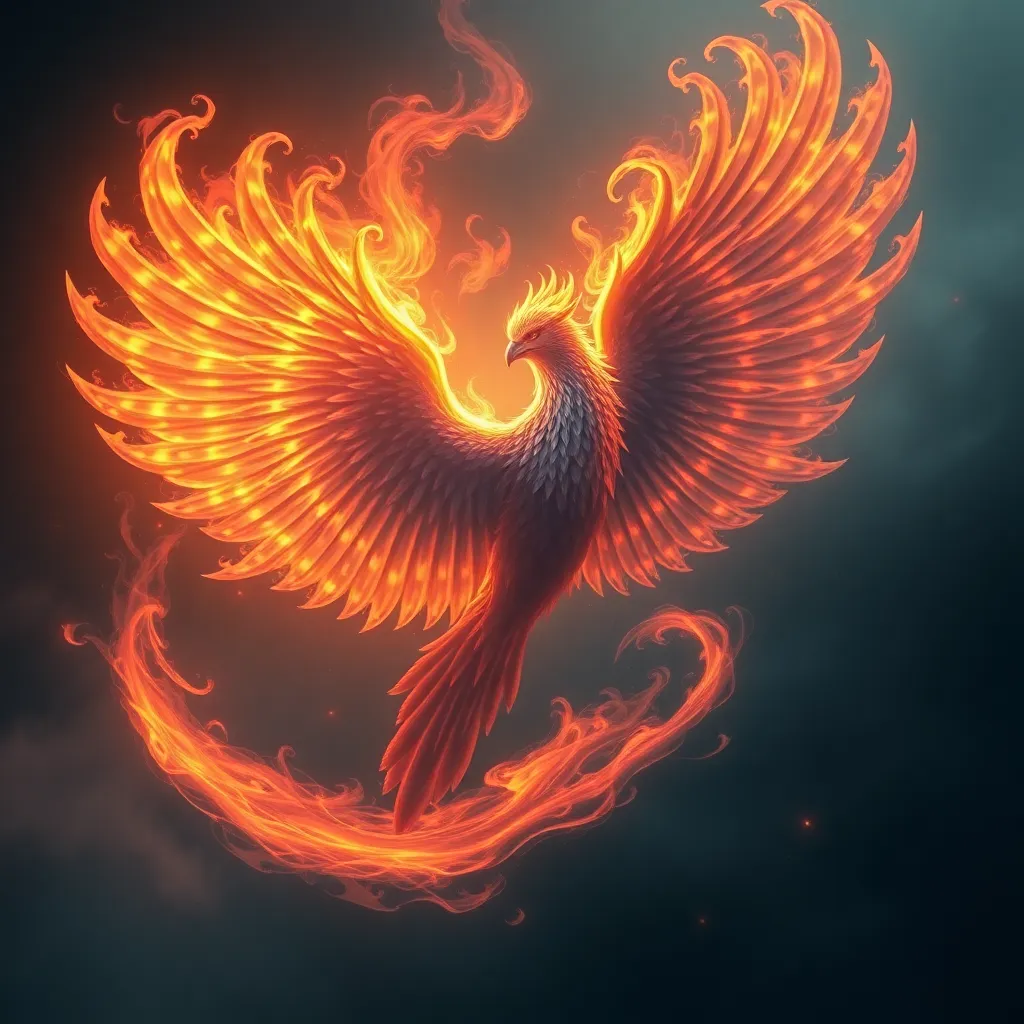Odysseys of the Gods: Epic Journeys in Ancient Mythology
Introduction to Ancient Mythology
Mythology can be defined as a collection of stories, legends, and teachings that explain the beliefs, values, and traditions of a culture. In ancient civilizations, mythology played a crucial role in shaping societal norms and understanding the world. It provided a framework for explaining natural phenomena, human behaviors, and the mysteries of life and death.
Central to these mythologies are the gods and goddesses, who often embody the ideals and fears of the people. These divine figures engage in various adventures and conflicts, showcasing their powers and influencing the lives of mortals. Through their stories, the gods illuminate human experience, serving as both role models and cautionary tales.
The Concept of the Odyssey in Mythology
The term “odyssey” originates from Homer’s epic poem, describing the long and arduous journey of Odysseus as he attempts to return home after the Trojan War. In a broader sense, an odyssey refers to any significant journey filled with challenges, growth, and transformation.
Mythological journeys often parallel literary epics, where heroes and deities embark on quests that test their resolve, wisdom, and strength. These narratives not only entertain but also convey profound lessons about the human condition and the nature of existence.
Key Characteristics of Divine Journeys
Divine journeys are characterized by several key themes and motifs:
- Trials and Tribulations: Gods often face significant challenges that test their limits.
- Transformation: These journeys frequently result in personal growth or change.
- Intervention: Mortals often seek the favor or assistance of gods during their own quests.
- Fate vs. Free Will: Characters grapple with their destinies, questioning the extent of their control over their journeys.
Prominent Mythological Figures and Their Journeys
Many gods and goddesses are celebrated for their epic quests:
- Zeus: The king of the Greek gods who undertakes various journeys to maintain order among gods and humans.
- Odin: The chief of the Norse gods, known for his relentless pursuit of wisdom, often involving perilous travels.
- Isis: An Egyptian goddess who embarks on a quest for knowledge and power to save her husband Osiris.
The Journey of Odysseus: A Case Study
Homer’s “Odyssey” is one of the most iconic examples of a hero’s journey. Odysseus faces numerous trials, including encounters with mythical creatures, divine beings, and treacherous landscapes. His journey is not just physical; it is also a quest for identity and homecoming.
The interplay between mortal and divine experiences is significant in the “Odyssey.” Odysseus often receives help from gods like Athena, while simultaneously facing the wrath of others, such as Poseidon. This duality illustrates the complex relationship between humans and the divine, emphasizing both dependence and conflict.
Cultural Variations: Journeys in Different Mythologies
Divine journeys manifest differently across various cultures:
- Greek Mythology: The gods frequently intervene in human affairs, reflecting the belief in fate and divine favor.
- Norse Mythology: Journeys often involve quests for knowledge and power, with a strong emphasis on honor and bravery.
- Egyptian Mythology: The afterlife journey is central, with gods guiding souls through trials to reach the afterlife.
Geography and cultural beliefs influence the nature of these odysseys, shaping the narratives in unique ways that reflect the values and fears of the societies they originate from.
Symbolism and Allegory in Divine Journeys
The journeys of gods often carry deep symbolic meanings. For instance, they can represent:
- Human Struggles: The challenges faced by deities mirror the trials of human existence.
- Search for Identity: Many journeys involve quests for self-discovery and understanding.
- Redemption: The path to forgiveness or restoration is a common theme in divine narratives.
These allegories highlight the universal nature of the human experience, making ancient myths relevant across time and cultures.
The Impact of Divine Odysseys on Modern Culture
Ancient myths have profoundly influenced contemporary literature, art, and storytelling. Modern narratives often draw on mythological themes, reinterpreting divine journeys in new contexts. For example:
- Literature such as “Circe” by Madeline Miller explores the lives of mythological figures through a modern lens.
- Films and TV shows often adapt classic myths, such as Marvel’s portrayal of Thor and Loki.
- Art continues to depict mythological scenes, preserving their legacy and relevance in human culture.
Lessons from the Odysseys of the Gods
Divine odysseys impart valuable moral and philosophical insights:
- Resilience: The importance of perseverance in the face of adversity.
- Understanding Fate: The balance between accepting fate and exercising free will.
- Compassion: The need for empathy and kindness towards others.
These lessons remain pertinent in today’s world, reminding us of the wisdom embedded in ancient tales.
Conclusion: The Enduring Legacy of Mythological Journeys
The odysseys of the gods offer profound insights into humanity, reflecting our struggles, aspirations, and the quest for meaning. These narratives continue to captivate audiences, revealing the timeless nature of mythological stories. As we explore the journeys of these divine figures, we gain a deeper understanding of ourselves and the world around us, ensuring that these ancient tales maintain their place in our cultural consciousness.




